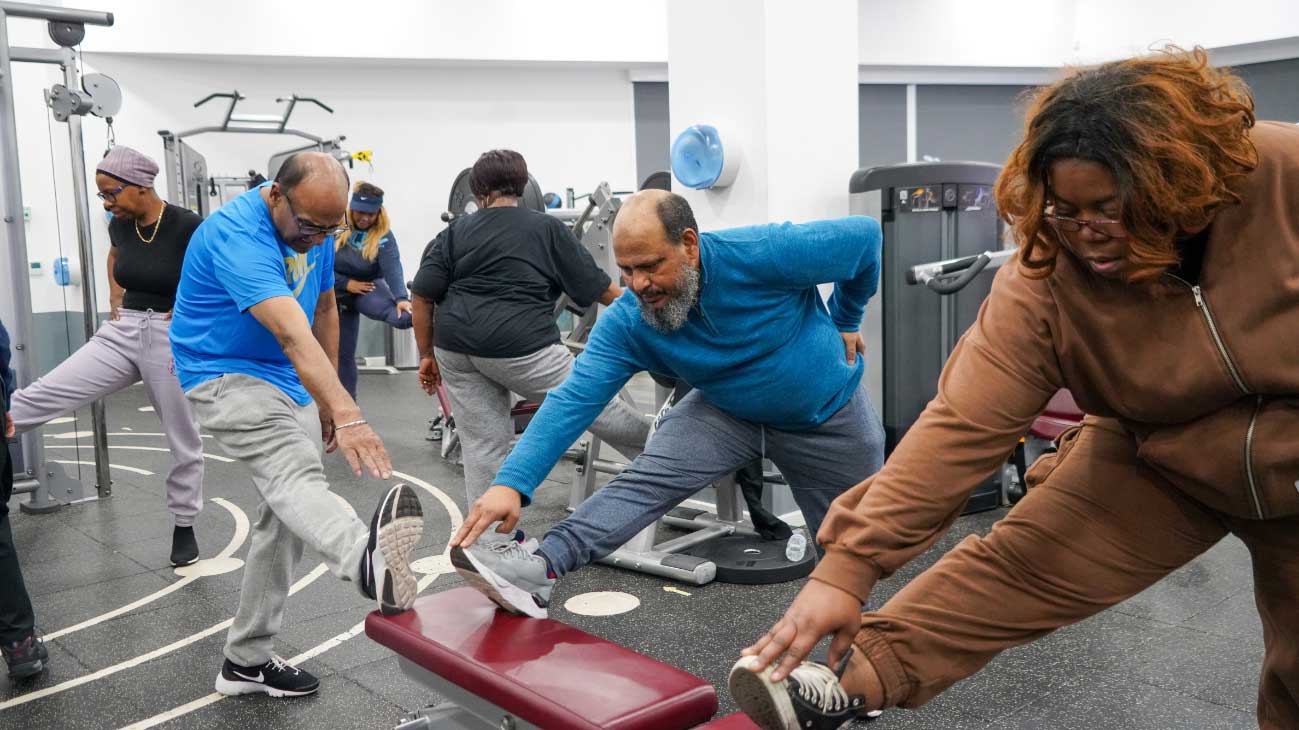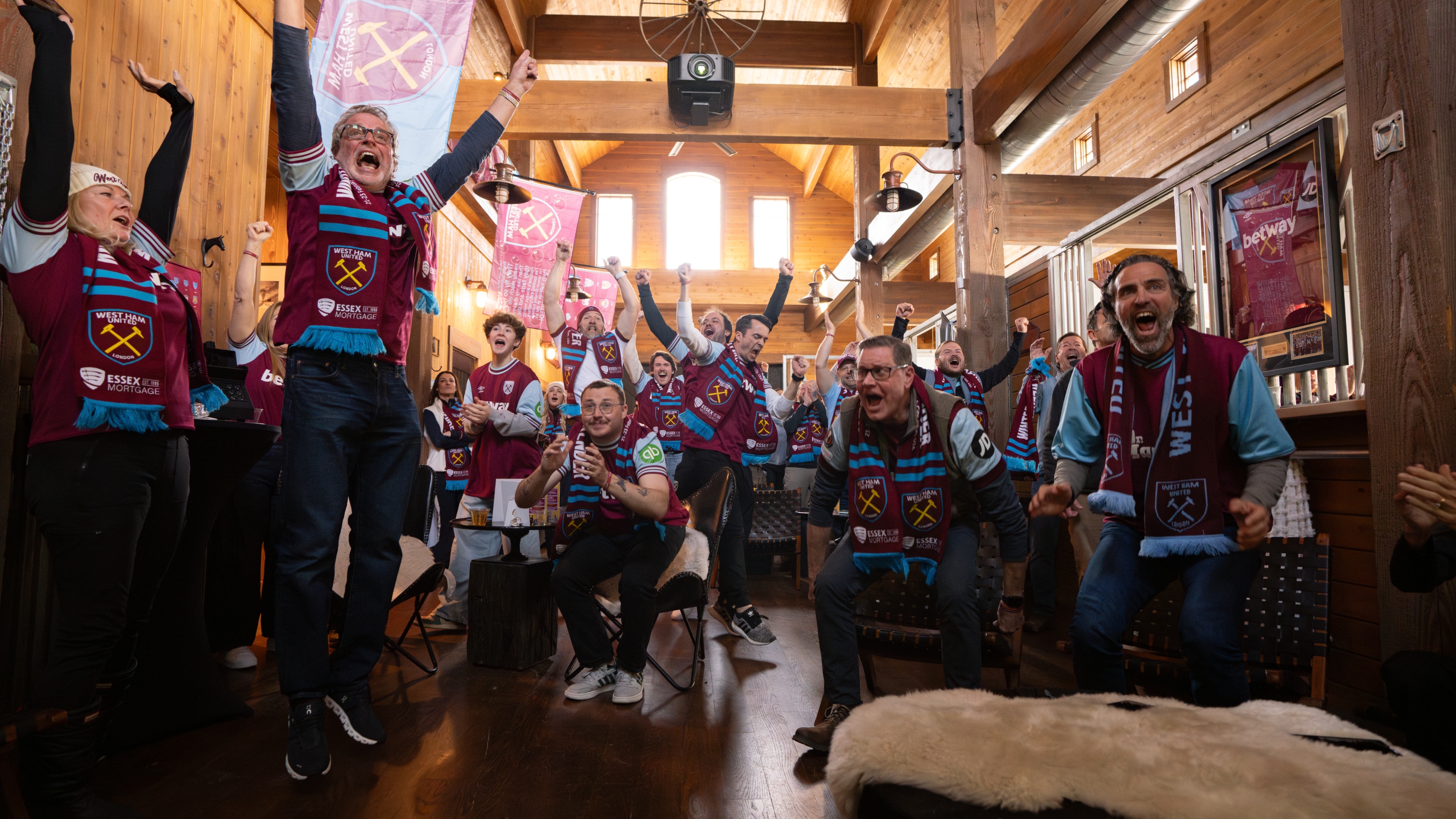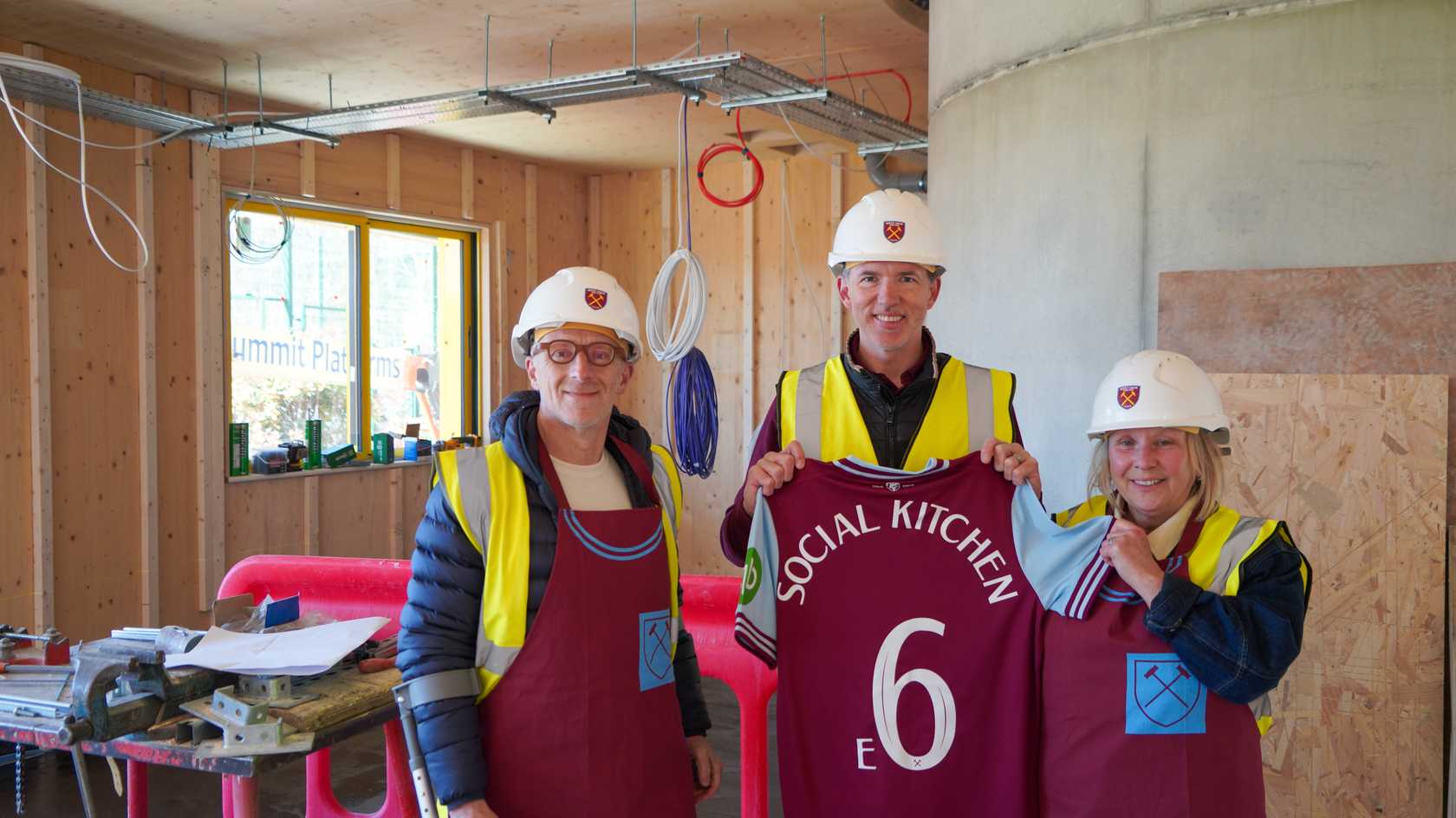The growing demand for ADHD services across the UK highlights a pressing need to think beyond traditional models of care. In Newham, the newly developed Adult ADHD service is doing just that, reimagining how to provide meaningful, dynamic support for individuals affected by ADHD.
With an innovative and holistic vision, the service is prioritising collaboration with community programmes like the Foundation’s 150Club Focus Health to address the broader needs of the community.
Rising needs for ADHD services in Newham
Shoheb Khan, Operational Lead for the Newham Adult ADHD service, describes a nationwide surge in ADHD referrals as a “national issue”, emphasising that diagnosis should not be the sole focus of care. Instead, he advocates for a needs-based approach that encompasses a diverse range of interventions, education and community collaboration.
“The Newham ADHD service has the unique advantage of being newly established,” Khan says. “This gives us the opportunity to think outside the box and develop a dynamic ADHD pathway rather than just a diagnostic service. Our aim is to integrate care across health, social and voluntary sectors, making ADHD ‘everybody’s business’.”
This inclusive vision resonates with Austin Hughes, West Ham’s Matchday and Events Head of Safeguarding & Away Match Manager, who has ADHD himself.
“ADHD can be a cruel master because it ruins my perception of life,” he shared. “It takes my concentration away from certain things and makes me focus on wider aspects, which can make life a bit more difficult.”
However, Hughes finds strength in the unique perspective his condition provides, adding: “Sometimes I see it as a superpower, I’ve got the ability to spot things other people don’t notice, which helps with my job.”

The role of community programmes
Partnerships with community programmes like West Ham United Foundation’s 150Club Focus Health are central to achieving holistic ADHD care. These initiatives complement NHS services by addressing vital areas such as emotional empowerment, lifestyle management and goal setting.
“The 150Club Focus Health workshops and peer support groups are uniquely positioned to support people with ADHD,” Khan explains. “These are areas that NHS services may not always address directly, but they are vital for overall well-being.”
For Hughes, programmes like these provide invaluable opportunities for connection. Speaking at a recent International Men’s Day event in partnership with the NHS East London Foundation Trust, he said: “What really helps me is chatting, meeting other people, sometimes being in silence, and sometimes just sharing the experiences I’ve had, so let’s start having more conversations.”
By offering support in non-clinical, community-based settings, the 150Club fosters a welcoming atmosphere where individuals can share experiences and access resources without judgment. This approach aligns with Khan’s vision of tailoring programmes to individual needs, recognising that not every resource will work for everyone.
“For example, the 150Club Focus Health may benefit someone struggling with sleep, nutrition or exercise, but might not suit someone needing vocational support. Understanding these nuances helps optimise the use of community resources,” Khan notes.
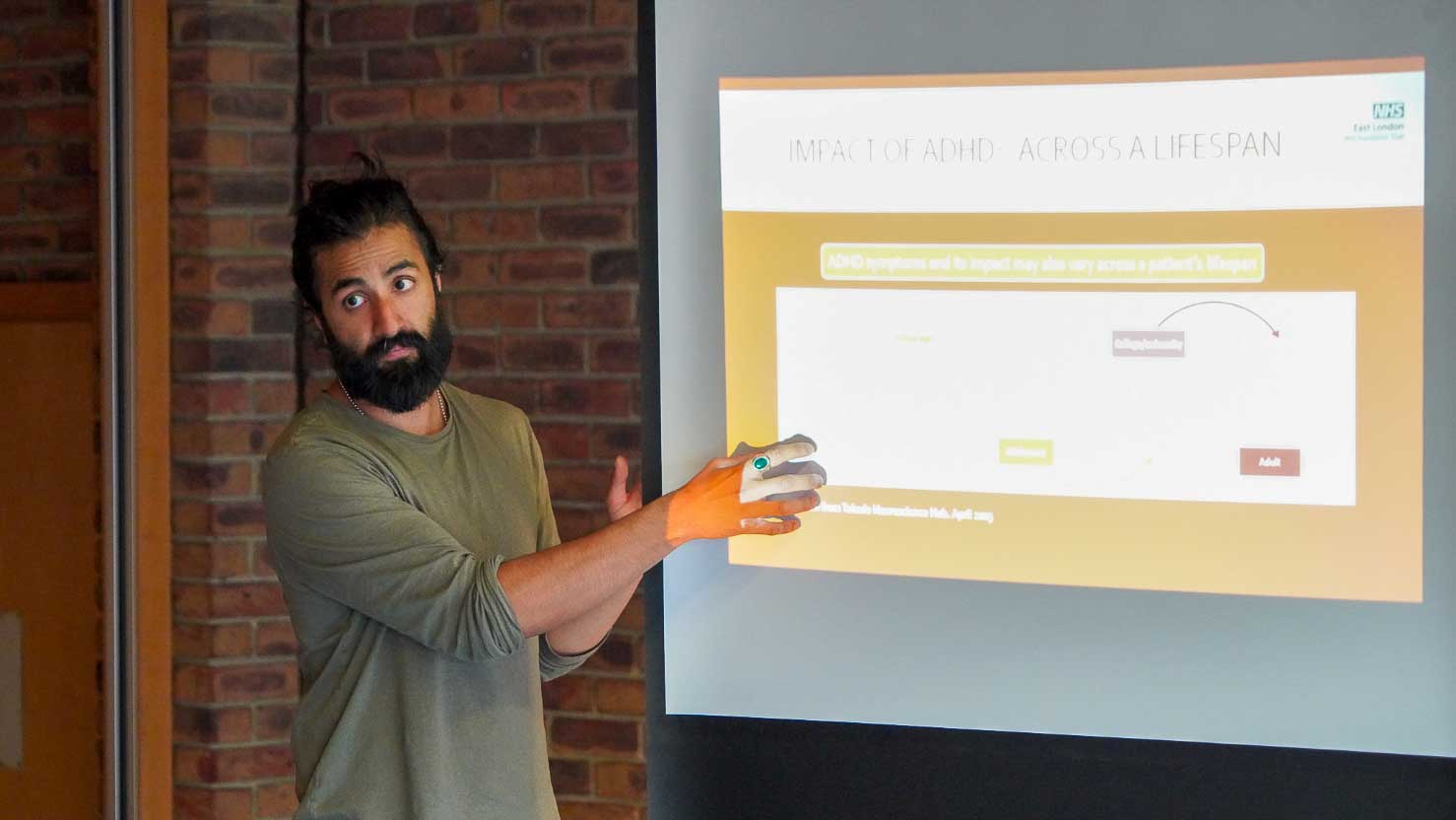
The vision for ADHD care
Looking ahead, the Newham ADHD service hopes to deepen its collaboration with community organisations while empowering individuals to take ownership of their condition.
“ADHD should be understood in the context of people’s lives, not the other way around,” Khan says. “Our aim is to promote psychoeducation as a first step, offering spaces for open conversations where people can learn about ADHD and share their lived experiences. It’s about building a validating and educational community.”
Hughes echoes this sentiment, highlighting the importance of shared understanding and support. He said: “Having been through some really bad times, I’ve learned the value of conversations and connecting with others. That’s where real progress starts.”
By integrating NHS services with programmes like the 150Club, individuals in Newham are gaining access to a network of resources designed to meet their unique needs. These partnerships are transforming ADHD care, ensuring that everyone diagnosed or not has the opportunity to thrive.
“It’s an exciting time,” Khan concludes. “With the right support and collaboration, we can create a meaningful impact and empower individuals to take charge of their ADHD journey.”
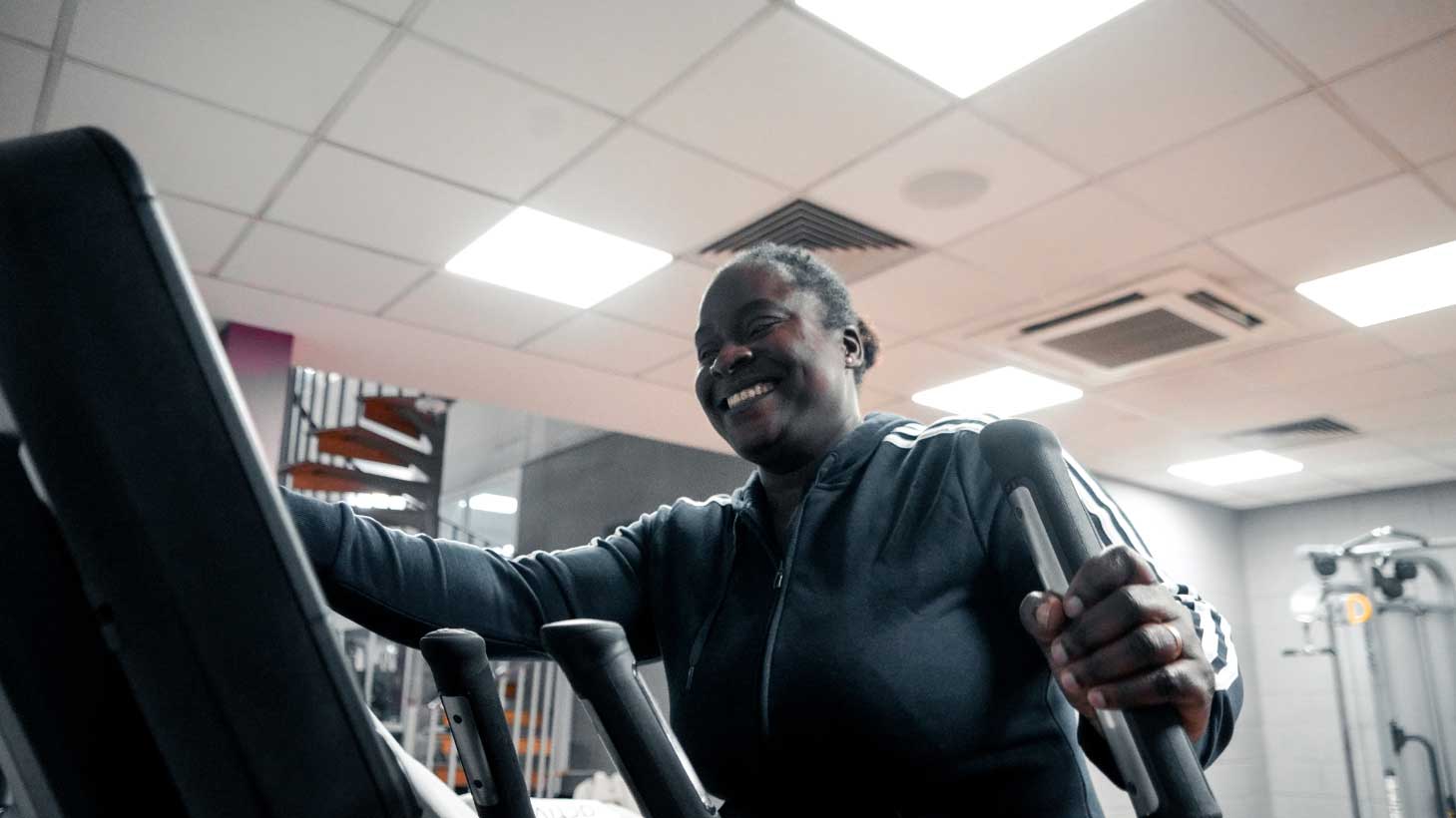
150Club Focus Health
West Ham United Foundation Health Manager, Hervé Bessières, spoke about the impact of the 150Club Focus Health. He said: "The 150Club Focus Health presents an exceptional partnership opportunity between Compass Wellbeing, Newham ADHD Services and the West Ham United Foundation to uplift the ADHD community. Building on its legacy, the 150Club continues to expand its community-based interventions, enhancing both physical and mental health.
“Our programme empowers participants by fostering emotional resilience, self-leadership and a path towards health and well-being. We offer dedicated workshops, peer support, physical activities and seamless collaboration with NHS services such as Newham Recovery College. It is a true privilege to pioneer this programme and witness our participants take control of their health and well-being while meeting the challenges of ADHD."
To find out more about the West Ham United Foundation, click HERE.
